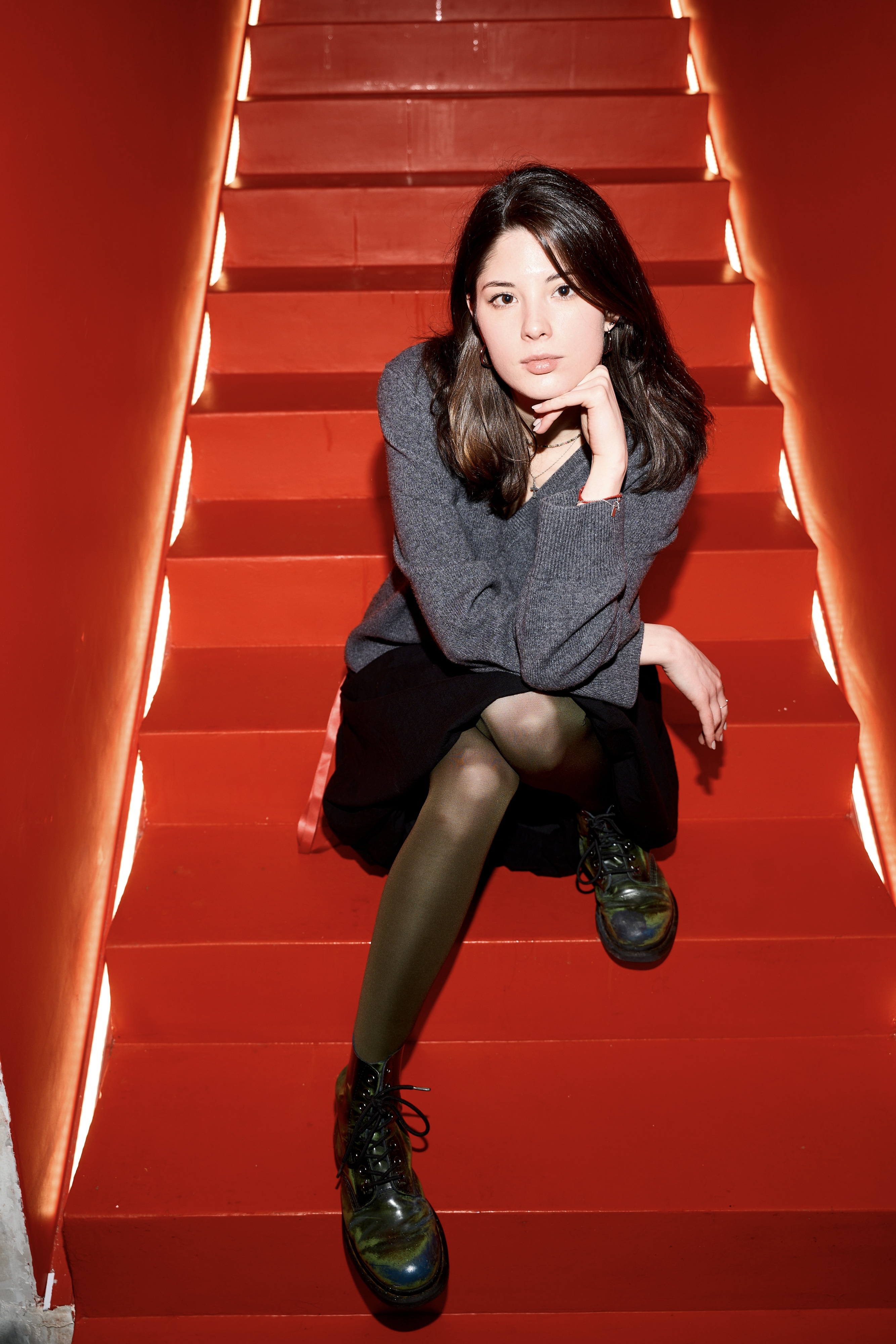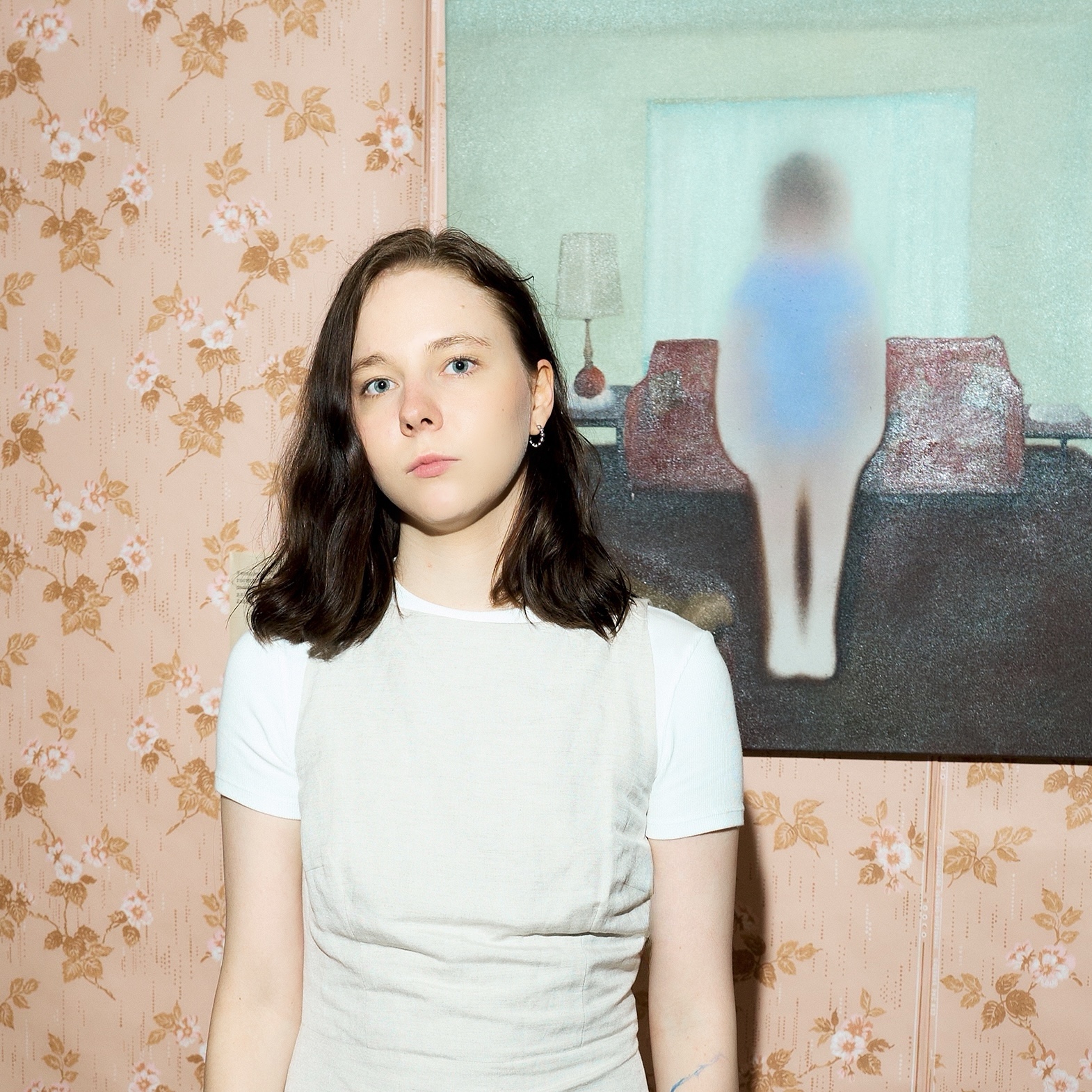The Art World: from Classroom to Career
.jpg)
A lot of students aim to embark on their career paths at the earliest possible stage, often starting to work during their undergraduate degrees. This proactive approach often helps them gain practical experience and provides a competitive edge in the job market after graduation. However, a common challenge they face is finding a job that aligns with their academic program and career aspirations without having prior professional experience. This raises important questions: how feasible is it to find such a job, and where and how can students develop the essential skills and build valuable connections?
The chances of finding a job relevant to their field often depends on several factors including the student's networking efforts.
We spoke with Alisa Ershova, a graduate of the Higher School of Economics University's Moscow Bachelor's Program in Cultural Studies, about her career path within the art market. From her initial volunteer experiences to her current role as a manager at large-scale contemporary art fair, Alisa shared insights into her professional development and the challenges she faced along the way.

Alisa Ershova,
a graduate of the Higher School of Economics University's Moscow Bachelor's Program in Cultural Studies
I am a graduate of the Cultural Studies program from the Faculty of Humanities at HSE University. The program includes fundamental subjects and disciplines within the humanities, ranging from the history and sociology of culture to critical writing. The role of an art manager requires multitasking and a well-rounded approach to various processes, so it can be said that my professional interests directly stem from the education I received.
For my first job, I started working at the beginning of my second year at London Gates language school, which I had previously attended. This center provides supplementary education where children are immersed in a fully English-speaking environment and taught subjects not typically covered in mainstream schools, such as psychology and drama. I came across the assistant tutor position vacancy on the Grintern website, where companies post entry-level job opportunities.
In this role, I encountered spreadsheets for the first time, gained practical experience in basic Google Workspace usage, and learned to navigate a CRM system. It was an ideal starting administrative position for my career. The team was young and already familiar to me, and I received thorough training under the attentive guidance of my colleagues.
My position at London Gates was part-time, so my studies and work balanced harmoniously. It was the post-COVID year, which allowed me to attend some classes via Zoom from the office. During exam periods, I informed my workplace about my workload, and everyone was accommodating, which prevented any issues with time management. The most important life hack: at the beginning of each module, check the grading criteria for all subjects — this makes it easier to strategize for achieving a good grade. Sometimes, it's more important to write a good essay, while in other cases, the weight is on project presentations or active participation in seminars.
Before joining catalog (during my fourth year of university) I worked part-time at the Association of Galleries (AGA) which unites 31 galleries of contemporary art and was created with a purpose of representing art industry's interests at private, governmental and international levels. In my second and third years, I volunteered extensively, including at the ART MOSCOW fair, where I met my future colleagues from the Association. Initially, I interned at the Association and six months later, I was invited to join as a manager.
|catalog| is one of the Association's projects, and I eagerly watched its inception. It was important for me to be part of the inaugural team of the fair. I felt a strong connection to the Association and was eager to participate in such a significant endeavor. |catalog| 2023 became my first serious experience as a gallery manager, as I had a pool of tasks for which I alone was responsible. I had to communicate with over 20 participants. By the second edition of the fair, preparations were smoother, and the team was ready for new challenges.
The fair experience was invaluable primarily for networking in the art world. And, of course, it taught me to work under (very) tight deadlines.
A broad outlook is the most valuable asset that my education at HSE provided me. The Cultural Studies program is not centered around practical skills, and it is its advantage. Theoretical knowledge and the ability to navigate contemporary cultural processes are essential for professional growth and career development in the art industry. Without these foundational elements, thriving in such a dynamic and evolving field would be incredibly challenging.
My experience in the gallery was a fundamentally new chapter for me, as previously I had only interacted with galleries as participants of the Association of Galleries and exhibitors at the catalog fair. Stepping inside and becoming part of the 'participant' team was immensely valuable. Now I understand how exhibitions are put together, how preparations for fairs are conducted, and more. This experience also marked my first direct interaction with artists. It's worth noting that artists are quite different from gallery owners. They are highly creative individuals who require a unique approach in communication and significantly more oversight from the manager during project preparations.
Working in the arts is, overall, one big amusing adventure. I love that being an art manager is akin to playing all the instruments in an orchestra simultaneously. From organizing the parallel program of an exhibition and leading tours to delivering documents across various corners of Moscow, conducting in-depth research, pouring champagne and washing glasses at openings, and even hammering nails during installations - there's always something unique to do. The fusion of such a diverse array of roles is not only fascinating but often hilariously absurd!
After completing my bachelor's degree, I decided to take a gap year to identify the specific skills or knowledge I needed through hands-on work experience. This year, I am planning to apply for a master's program in management. While it's certainly possible to intuitively manage small teams, I believe that acquiring more hard skills is essential for advancing in larger projects. Presently, I have joined the COSMOSCOW team, and in the future, I aspire to participate in international contemporary art fairs. This experience will not only broaden my horizons but also enhance my ability to contribute effectively to the global art community.
Interviewed by

